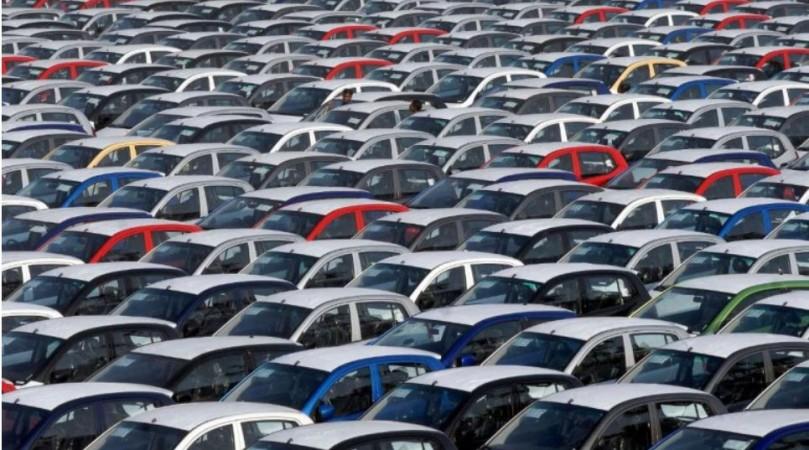
In a major blow to PM Modi's attempt to lure global companies to manufacture in India, Japanese automaker Toyota Motor corp. has decided to shed its plan to expand its operations in the country. The company blamed India's high tax regime for its decision. Toyota India's Vice Chairman, Shekar Viswanathan, argued that the government keeps taxes on cars and motorbikes so high that companies find it hard to build scale.
Toyota is one of the world's biggest automakers, started its operation in India back in 1997. Its local unit is retained 89% by the Japanese company having a small market share of mere just 2.6% in August, as per data by the Federation of Automobile Dealers Associations.
High Tax regime killing the sector
Toyota is not the only company that has made reservations against the high taxes on auto components. In past, top management of Maruti Suzuki, Bajaj Auto, and Hyundai have also echoed their apprehension on high taxes and their concern also seems legitimate.
Motor vehicles including cars, two-wheelers, and utility sports vehicles (excluding electric vehicles) attract taxes up to 28% in India. Moreover, additional levies may be applied, varying from 1% to as much as 22%, depending on the form, length, or engine size of a vehicle. The combined taxes on SUVs having more than 1500cc engine may up as high as 50%.

Two-wheeler companies have argued that two-wheeler is no longer a 'luxury' but has become a 'necessity' and it shouldn't be taxed under 28% GST. Since all these additional taxes and levies are being passed on to the end customer it has been witnessed in the last 3 years that it is directly affecting the sales.
Rough patch for the auto sector since the last 3-4 years
After growing in double-digit for the most part of last and till the mid part of the running decade, the Indian Auto sector is struggling to keep up with the sales for the last 3-4 years. Multiple reasons have been attributed to the slowdown, which includes demonetization, increase in the mandatory insurance price, high GST on the auto components. With pressure from the government for the transition to Electric vehicles, the auto sector has been demanding some relief as the industry has already invested billions in the transition to BS-VI emission norms.















